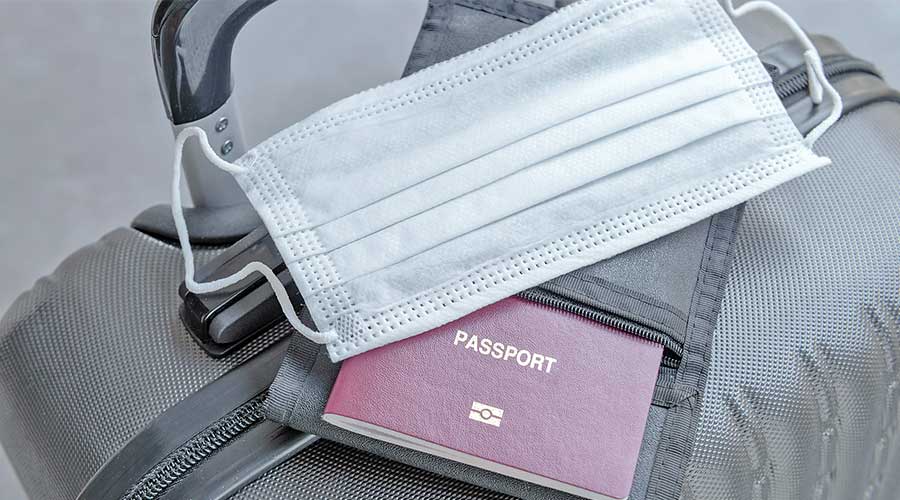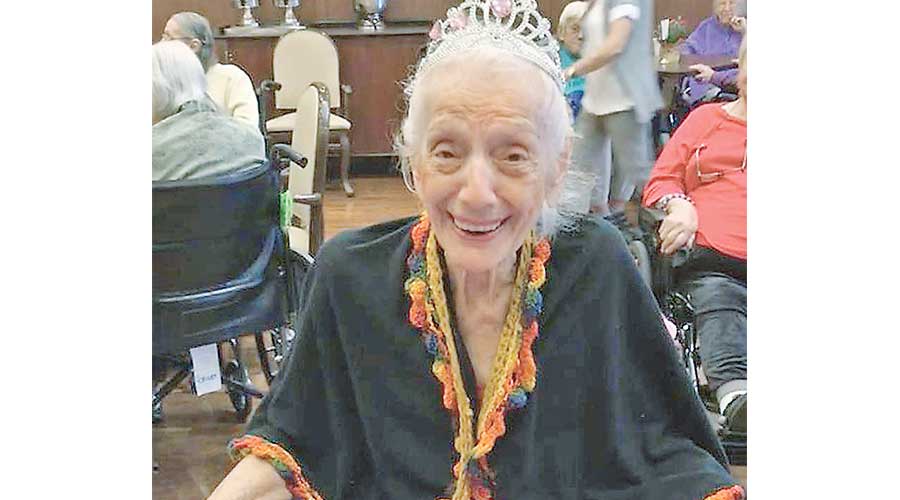GOLDEN RETRIEVER, AN INSTAGRAM STAR, EARNS? 8 CRORE A YEAR
- 30 Mar - 05 Apr, 2024

A new digital passport could help you pass through borders during the covid-19 pandemic. The International Air Transport Association (IATA) announced that it's in the final development phase of its IATA travel pass, a digital “passport” in the form of an app that could be the key to reopening international borders safely. The travel pass will provide information about a user’s individual test results, proof of inoculation (when vaccines become available), and a link to an electronic copy of their passport. Travelers will be able to use the app to ensure they are meeting the rules for entry at their destination’s border. When traveling with the app, users will present a QR code at the border to quickly share all relevant information with authorities. It will be built with block-chain technology, meaning that the service won’t store personal data. The IATA Travel Pass should be available within the coming months. It will begin with a testing programme with IAG SA, parent company of British Airways, later this year. It should be made available on Apple devices in early 2021, with Android support following a few months later. Governments will be able to use the IATA Travel Pass in combination with other services or as a standalone program for their borders. It will be free to use for travelers and governments, with airlines paying a small fee per passenger.

102-year-old woman who lived through Spanish flu survives her second bout with covid-19
A woman from New York who lived through the Spanish flu pandemic in 1918 has now triumphed over the novel coronavirus – twice. Angelina Friedman, whose remarkable recovery from covid-19 made headlines earlier this year, has survived her second bout with the respiratory illness after celebrating her 102nd birthday, according to her daughter. Merola said she received a call from the North Westchester Restorative Therapy and Nursing Center, where her mother is currently living, in late October "to tell me she had tested positive again." The news came just six months after Friedman was first diagnosed with coronavirus, a disease that has proven especially dangerous for adults over the age of 65. As staff and residents at the nursing home were getting sick, Merola said older residents were put in isolation. She continually got updates on Friedman and received news that her "invincible mother tested negative" on Nov. 17. The coronavirus crisis is the second pandemic Friedman has lived to see.
COMMENTS